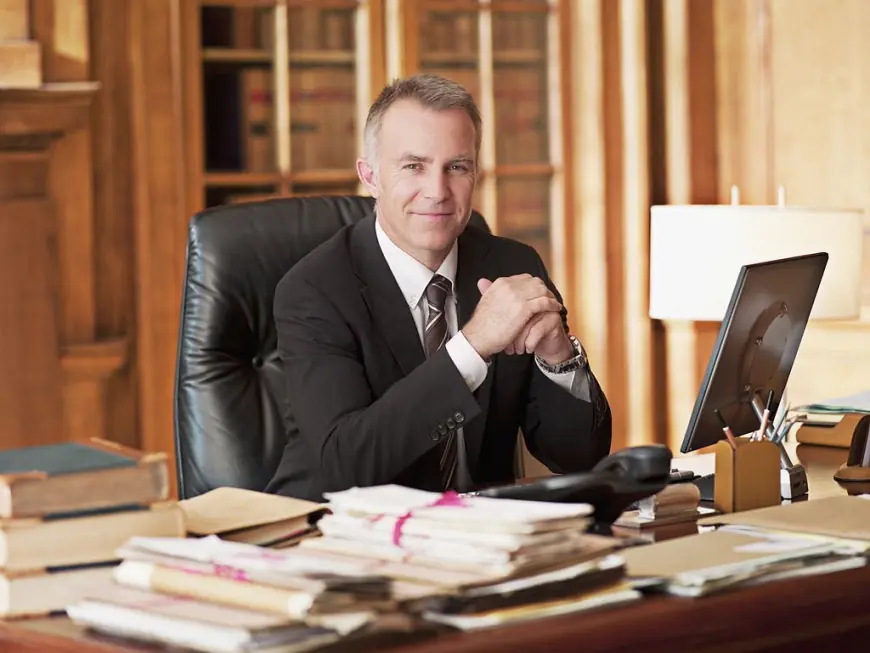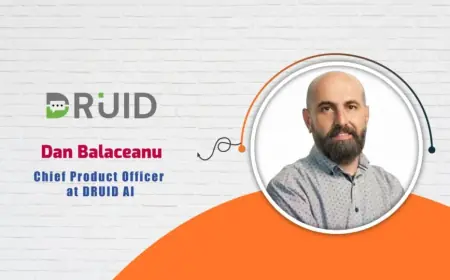Ethical Challenges Faced by Criminal Lawyers: Unveiling the Moral Maze
Understanding the complexities of criminal law necessitates acknowledging its paradoxical nature.

In our judicial system, criminal lawyers hold a crucial role. They are the linchpins, ensuring the equal treatment of individuals under the law. But what happens when they have to defend an alleged criminal? Is there a moral line they should not cross? Does the call to uphold justice sometimes collide with their personal values? This deep dive aims to explore these pointed ethical challenges faced by criminal lawyers. We'll unmask the moral dilemmas, discuss the pros and cons, and unlock the complexities that make their roles both exhilarating and taxing.
Being a criminal lawyer often teeter-totters between two distinct ethical landscapes – doing what's legally right and defending the human rights of an individual, even when they are purported to have done wrong. While our legal system presumes innocence until guilt is proven, the grey areas in law practice can sometimes leave lawyers questioning their roles as defenders of the law or just mules of it.
So, join us as we dissect this unique conundrum. We delve deep into the quandaries criminal lawyers grapple with, peer through the stained glass of their professional ethics, and unearth the psychological tolls of dealing in a world often cloaked in shades of grey.
Why are Ethical Dilemmas a Common Place in Criminal Law?
Understanding the complexities of criminal law necessitates acknowledging its paradoxical nature. Criminal lawyers are often bound by a professional mandate to defend their clients effectively, even if they suspect their client's guilt. This dichotomously places lawyers in a moral quandary – should they protect their client’s interests vehemently or should they focus on doing what they perceive is morally right?
This moral dilemma is more than just a teething issue for criminal lawyers. It often raises serious questions about the functioning and structure of the judicial landscape. Finding a satisfactory answer isn't easy because it strikes at the root of our justice system itself.
Those in favor of zealous advocacy argue that every person, regardless of guilt or innocence, should have the highest quality defense. Conversely, critics deem this approach as fostering injustice, especially when it leads to the acquittal of the guilty. This polarizing issue persists, keeping the world of criminal law in a constant ethical whirlwind.
What Ethical Dilemmas do Criminal Lawyers Face?
Whether defending an individual they believe is guilty or facing pressure to use negative tactics to win a case, criminal lawyers regularly confront ethical challenges. Significant dilemmas include upholding attorney-client privilege, ensuring fair trials, preventing the prosecution of innocent individuals, and dealing with dishonest clients.
Further, in some high-profile cases, public scrutiny can exacerbate these dilemmas. Whether it is the public's demand for swift justice or a media frenzy that paints their clients in negative light, lawyers often find themselves treading an ethical tightrope.
The challenges, undoubtedly, weigh heavily on criminal lawyers. They must balance their roles as pillars of justice, defenders of their clients' rights, and remain morally unflinching in the face of adversity.
When do These Dilemmas Occur the Most?
Ethical dilemmas surface most prominently during high-stakes cases or when defending a client, the attorney personally believes is guilty. In such situations, the attorney's personal conviction may conflict with their legal obligation to provide the best defense, inviting the clash of ethics and duty.
These dilemmas also frequently appear when attorneys must decide whether to use a certain defense strategy, particularly one that might be legally permissible but ethically questionable. This could include using tactics to disqualify potentially unfavourable evidence or witnesses, despite knowing its relevance to the case.
Who is most affected by these Dilemmas?
Quite naturally, the most affected individuals are the lawyers themselves. They face a persistent internal battle, struggling to reconcile their professional obligations with their moral reservations. Their work can stir deep-seated guilt, doubt, and stress, leading to a taxing emotional toll.
Indirectly, their clients, victims, the justice system, and public trust are also impacted. Ethical decisions made by these lawyers leave lasting impressions on these entities, shaping public perception and the integrity of the justice system.
How can Criminal Lawyers Navigate these Ethical Dilemmas?
Maintaining a strict focus on the law instead of the moral implications of the case can help. Also, lawyers can lean into the robust ethical framework provided by professional associations. Developing steadfast personal ethics, upheld regardless of the scenario, can act as a moral compass.
These approaches may not eliminate the dilemmas, but they can certainly provide a pathway for lawyers, enabling them to tread delicately yet effectively through the convoluted moral twists and turns.
Conclusion: The Unending Predicament of Ethical Dilemmas
Unquestionably, the ethical challenges faced by criminal lawyers are complex, subjective, and multidimensional. These dilemmas play havoc not just with their professional lives, but plunge deep into their personal ethos as well. Their duty to protect the rights of their clients often puts them at odds with the public’s desire for justice, making no decision entirely black or white.
The challenge, therefore, lies not in eliminating these ethical dilemmas - as they are inherent to the profession - but in navigating them. Cultivating personal resilience, developing a firm ethical stand, and focusing on their fundamental duty to uphold justice can help criminal lawyers walk this precarious path. Ultimately, as officers of the court, their principal responsibility is towards justice, a responsibility that demands from them, above all, a rigorous integrity, both professional and personal.
What's Your Reaction?
 Like
0
Like
0
 Dislike
0
Dislike
0
 Love
0
Love
0
 Funny
0
Funny
0
 Angry
0
Angry
0
 Sad
0
Sad
0
 Wow
0
Wow
0




















































